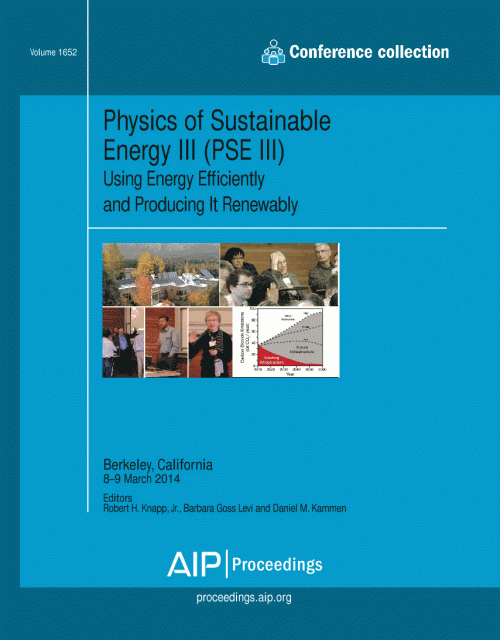With 1.4 billion people lacking electricity to light their homes and provide other basic services, or to conduct business, and all of humanity (and particularly the poor) are in need of a decarbonized energy system can close the energy access gap and protect the global climate system. With particular focus on addressing the energy needs of the underserved, we present an analytical framework informed by historical trends and contemporary technological, social, and institutional conditions that clarifies the heterogeneous continuum of centralized on-grid electricity, autonomous mini- or community grids, and distributed, individual energy services. We find that the current day is a unique moment of innovation in decentralized energy networks based on super-efficient end-use technology and low-cost photovoltaics, supported by rapidly spreading information technology, particularly mobile phones. Collectively these disruptive technology systems could rapidly increase energy access, contributing to meeting the Millennium Development Goals for quality of life, while simultaneously driving action towards low-carbon, Earth-sustaining, energy systems.
PublicationConference Proceedings Energy access and sustainable development
Published:
April 2, 2015
Author(s):
Publication Type:
Conference Proceedings
Abstract:
